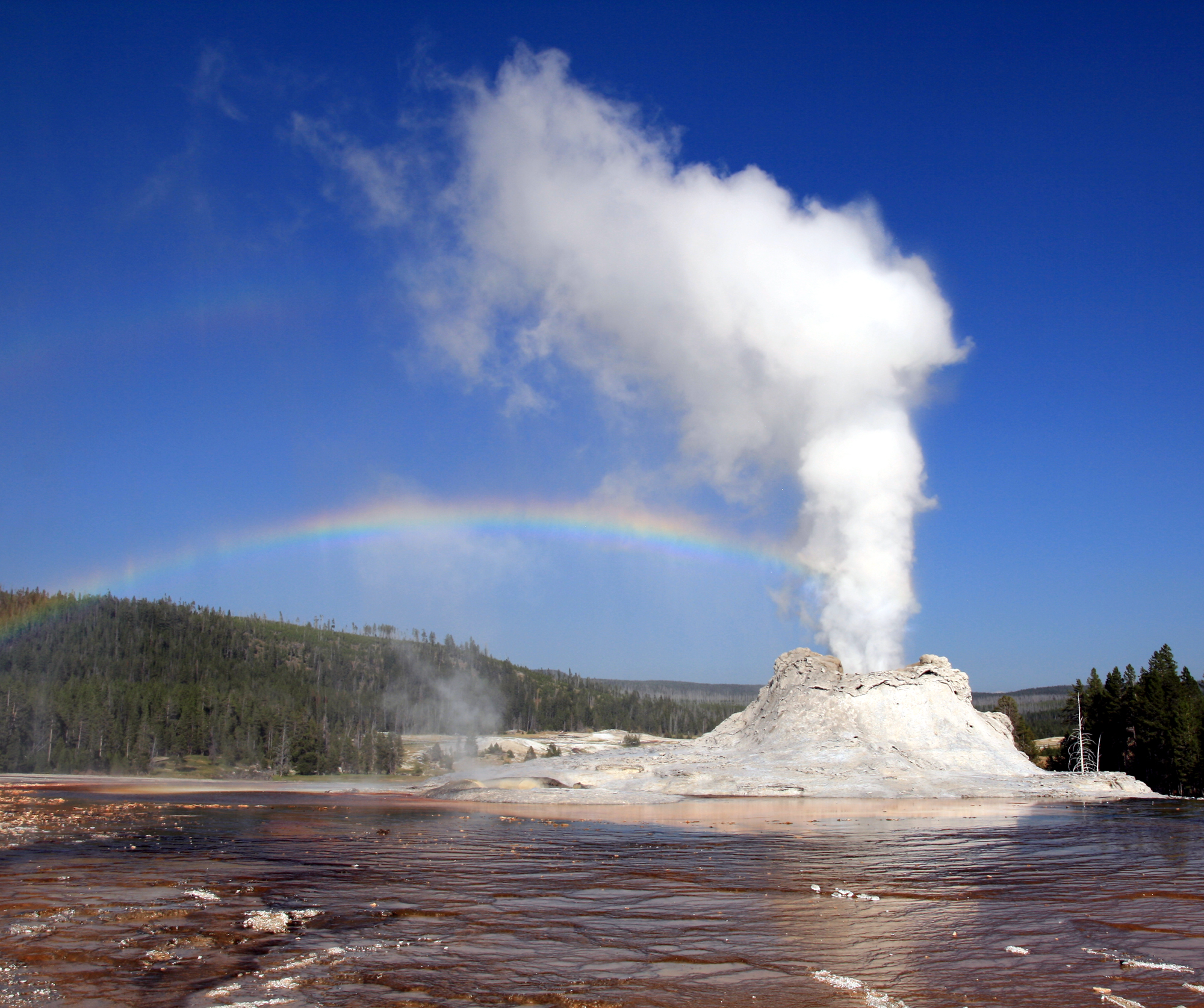| 正面 | 4173.steam 英 [stiːm]美 [stim]     |
|---|---|
| 背面 |      释义: 1. 有花儿是小溪(stream),无花儿是蒸汽(steam)。因为只有小溪边儿才会长花。2. 小溪(stream)边上没花儿是因为溪水变成蒸汽了(steam),所以没有水花儿没法生长.vt. 蒸,散发;用蒸汽处理n. 蒸汽;精力vi. 蒸,冒水汽adj. 蒸汽的 例句: 1. In 1941, the train would have been pulled by a steam engine.1941年,火车本可以由蒸汽机车拉动。 steam 蒸汽,水气来自古英语 steam,蒸汽,水气,来自 Proto-Germanic*staumaz,蒸汽,水气,可能与 stew 有词 源上的联系。 steamsteam: [OE] Steam comes from a prehistoric Germanic *staumaz, a word of uncertain origin which also produced Dutch stoom. It originally denoted any ‘vapour given off by something hot’; the specific modern sense ‘vapour from boiling water’ emerged in the 15th century.steam (n.)Old English steam "vapor, fume, water in a gaseous state," from Proto-Germanic *staumaz (cognates: Dutch stoom "steam"), of unknown origin. Meaning "vapor of boiling water used to drive an engine" is from 1690s, hence steam age (1828) and many figurative uses, such as let off steam (1831, literal), blow off steam (1857, figurative), full-steam (1878), get up steam (1887, figurative). Steam heat is from 1820s in thermodynamics; as a method of temperature control from 1904. We have given her six months to consider the matter, and in this steam age of the world, no woman ought to require a longer time to make up her mind. [Sarah Josepha Hale, "Sketches of American Character," 1828] steam (v.)Old English stiemen, stymen "emit vapor, emit a scent or odor," from the root of steam (n.). Meaning "go by steam power" is from 1831. Transitive sense from 1660s, "to emit as steam;" meaning "to treat with steam" is from 1798. Slang steam up (transitive) "make (someone) angry" is from 1922. Related: Steamed; steaming." |